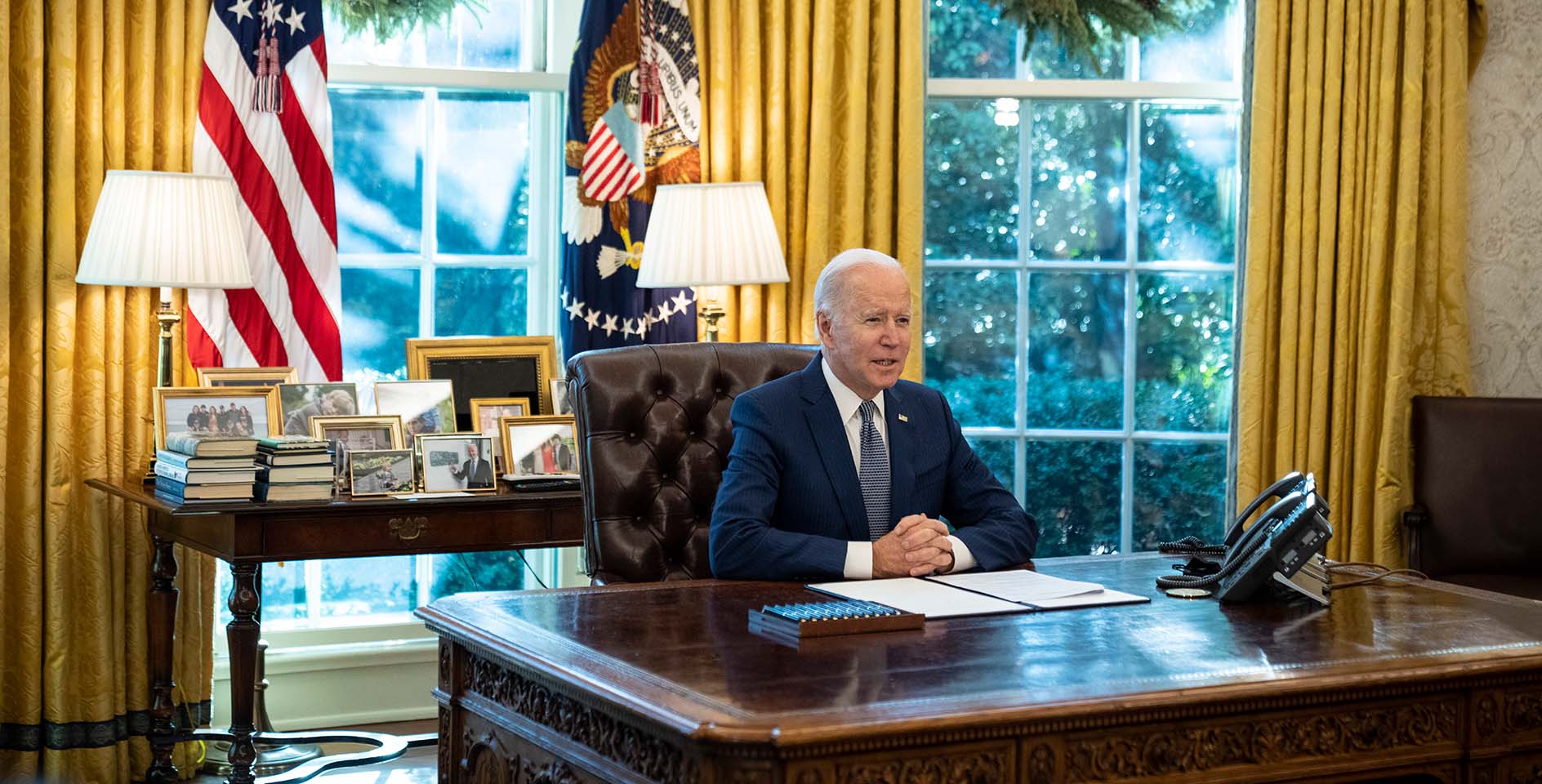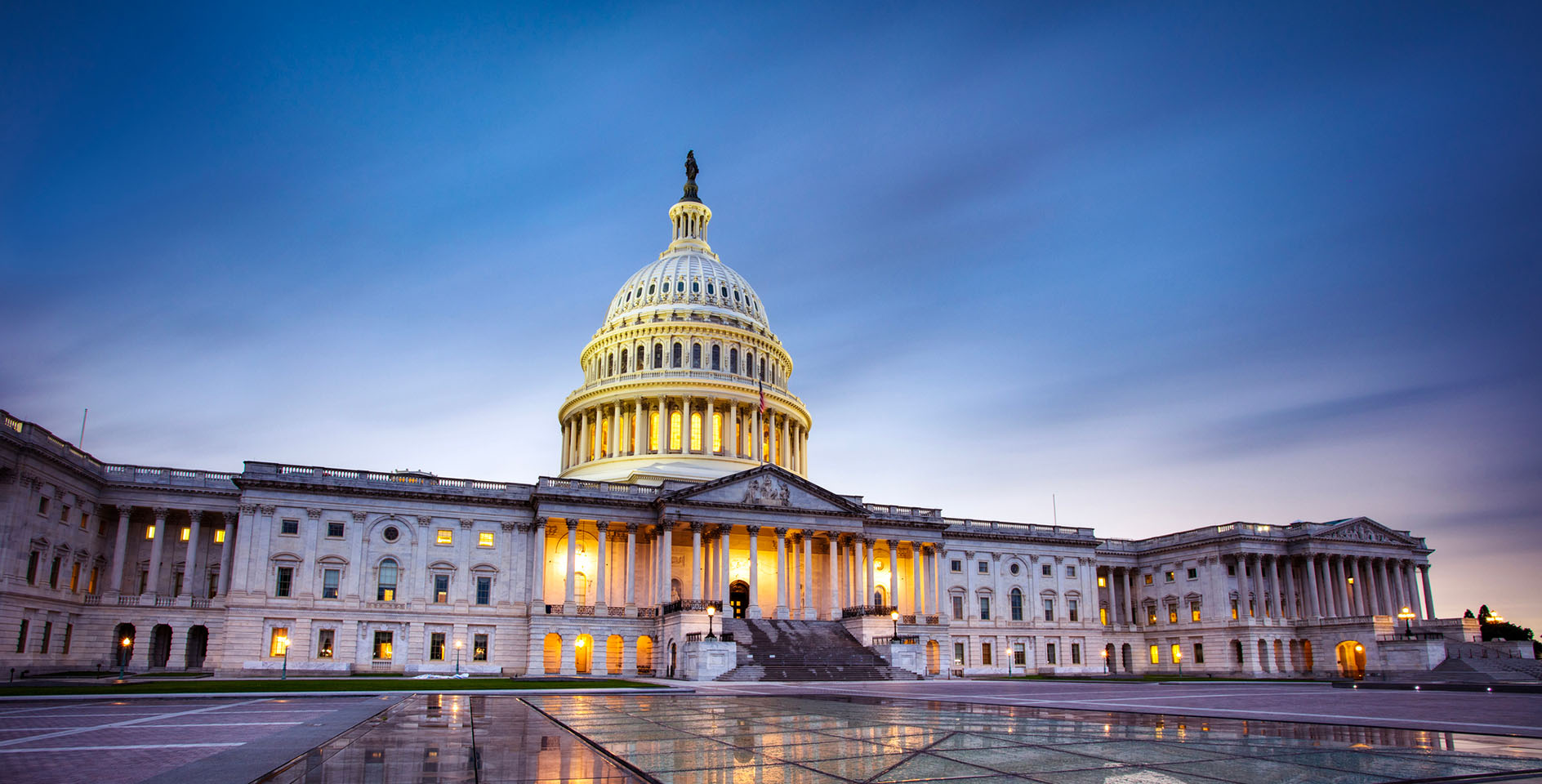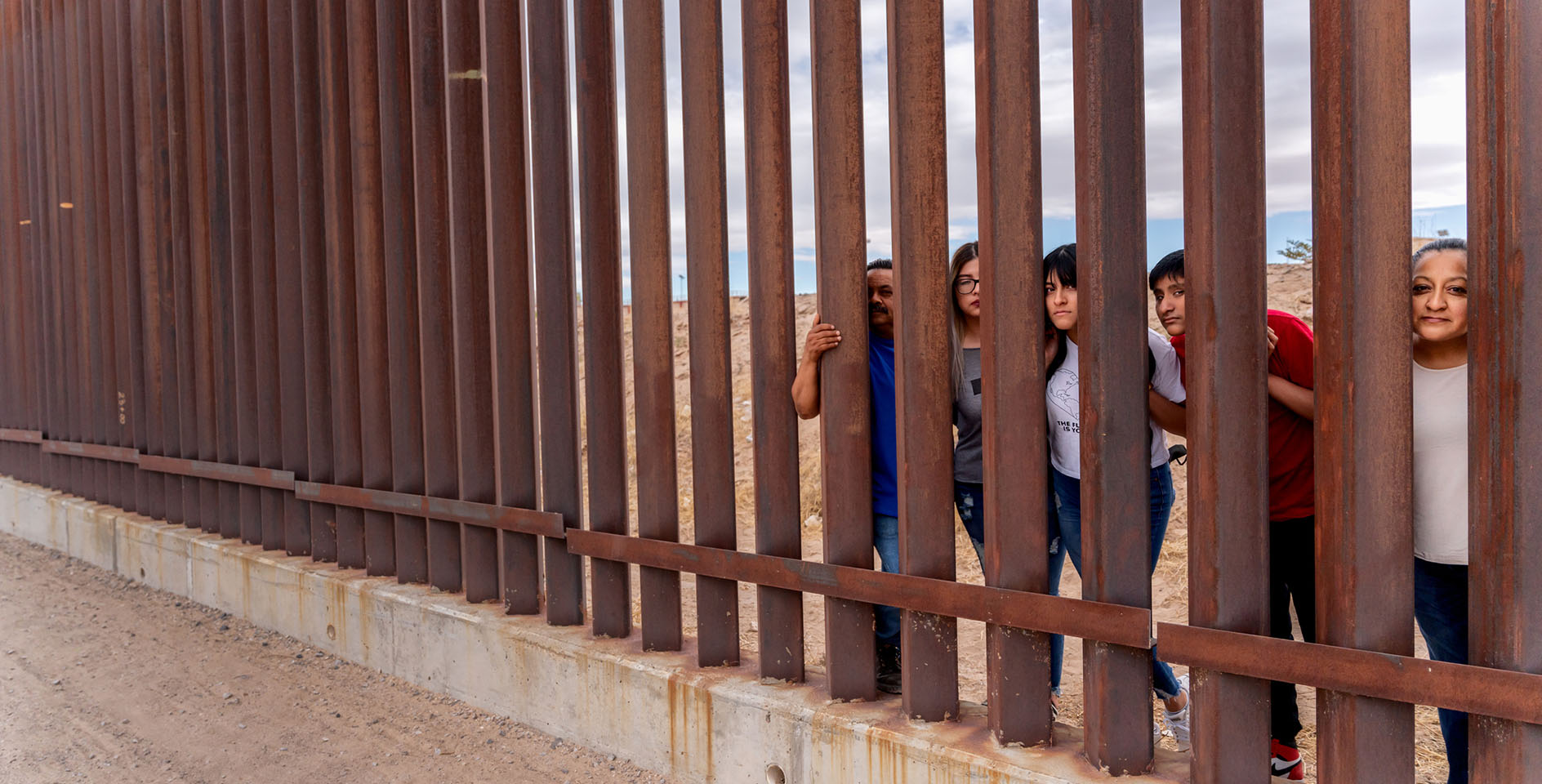Recently, President Biden announced a new pilot program to allow for individuals to privately sponsor refugees coming to the United States. Through the program, Welcome Corps, groups of at least five individuals can work together to raise funds to sponsor a refugee. Once the refugee arrives, these individuals, rather than a traditional resettlement agency, will assist them in securing housing, employment, and education for their children for at least 90 days as they integrate into American life.
This new initiative comes at a time where both international displacement is at record highs and the United States has struggled to meet its goals in resettling refugees through the traditional U.S. Refugee Admissions Program (USRAP) process.
This program presents new opportunities for individuals and churches to be involved in helping the persecuted and welcoming the vulnerable into our communities.
Why does it matter?
As Americans, it can be easy for us to feel distant from refugees around the world and to wonder why these backlogs and challenges matter. But the issues in the resettlement system are affecting the real lives of some of the most vulnerable people on the planet, and a system that was designed to assist them in finding refuge is often leaving them stranded and unable to receive help in a timely and effective manner.
- The Bible: This matters, first of all, because these people matter greatly to God, and we are called to love, serve, and work for their good. The Bible is unequivocally clear in its command for Christians to care for the persecuted and vulnerable. Throughout the narrative of Scripture, we see God’s call to care for the immigrant and the refugee as vulnerable people made in the image of God (Matt. 25:35-40; James 1:27).
- The SBC: The Southern Baptist Convention has reaffirmed this command to care for the “stranger” among us through numerous resolutions declaring “the value and dignity of immigrants, regardless of their race, religion, ethnicity, culture, national origin, or legal status” and encouraging “people to increase their involvement in resettlement of legal refugees through the enlistment of sponsors and the provision of church-centered ministries.”
- The historic precedent: Historically, people of faith have led the way in resettling refugees. On a national level, six of the nine agencies that work with the U.S. government to resettle refugees have religious roots that motivate their work. Recent polling indicated that 36% of evangelicals have been directly involved in serving refugees and immigrants, and 70% say that the U.S. has a moral responsibility to accept refugees.
- The new opportunities: This new program will allow us to better serve more of our persecuted brothers and sisters and play a larger role in welcoming them into our communities. It presents new opportunities for Christians to continue leading the way in caring for the most vulnerable among us. For example, it will allow Christians and churches who are in more rural parts of the country or communities where there are not active resettlement agencies to begin taking part in this important work.
How can Christians get involved?
In the first year of this program, the Biden administration is hoping to mobilize at least 10,000 Americans to sponsor at least 5,000 refugees. If you are interested in getting involved, here are a few suggestions:
- Pray that God would raise up sponsors in the United States to welcome refugees, and that through this service, many refugees would come to know Christ.
- Consider becoming a sponsor. If you’d like to know more about what this entails, or if a group of church members is ready to take the first steps toward sponsorship, visit welcomecorps.org.
- Talk to your local resettlement agency. If you live in a community where a resettlement agency is already active, reach out to them and see if there are ways you can partner with them to serve refugees that are already being resettled in your community.
How does this program work?
Definition of a refugee: Typically, under the Immigration and Nationality Act (INA), a refugee is “an alien who, generally, has experienced past persecution or has a well-founded fear of persecution on account of race, religion, nationality, membership in a particular social group, or political opinion.” Those who meet this definition may seek refugee status if they are outside of the U.S. or asylum status if they are physically in the country.
Here is a rundown of how the process works:
- The first step for an individual who meets this definition is to register with the UNHCR. The UNHCR then must determine whether the individual qualifies as a refugee and what the best solution for them is. Generally, less than 1% of those who qualify as refugees are ultimately resettled to a third country each year.
- Once an individual is referred by UNHCR for resettlement in the U.S., a network of federal agencies and non-governmental organizations work together to conduct intensive security, biometric, and eligibility screenings.
- Following these screenings, refugees then must be approved for travel, go through medical exams, and be sponsored by a domestic resettlement agency.
- Refugees then face final vetting from Customs and Border Patrol upon their arrival to the U.S. Through these rigorous processes, refugees are some of the most thoroughly vetted individuals who come to America.
- Once a refugee is in the U.S., a resettlement agency, in partnership with the U.S. government, works to integrate them into the community and help them successfully start a new life. This process currently takes an average of over five years. This new program will have refugees follow the same process until they reach the U.S. where they will be resettled by individuals rather than a resettlement agency. It will serve as a complement—not a replacement —to the work of resettlement agencies.
Welcome Corps is similar to programs over the last year that utilized private individuals in welcoming and resettling Afghan and Ukrainian evacuees who, because of severe backlogs in the resettlement system, were brought to the U.S. under humanitarian parole, meaning that they did not receive traditional resettlement benefits granted to refugees.
A number of factors have caused these slowdowns and backlogs throughout the process severely lengthening the amount of time it takes for a refugee to be resettled and limiting the number of individuals able to actually be resettled each year, regardless of the cap that is set by the president. Despite Biden’s goal of resettling 125,000 refugees in fiscal year 2022, the U.S. only resettled just over 25,000 refugees.
As the State Department said in announcing the program:
“The American people have extended an extraordinarily welcoming hand to our Afghan allies, Ukrainians displaced by war, and Venezuelans and others fleeing violence and oppression. The Welcome Corps will build on Americans’ generosity of spirit by creating a durable program for Americans in communities across the country to privately sponsor refugees from around the world. . . By tapping into the goodwill of American communities, the Welcome Corps will expand our country’s capacity to provide a warm welcome to higher numbers of refugees.”










